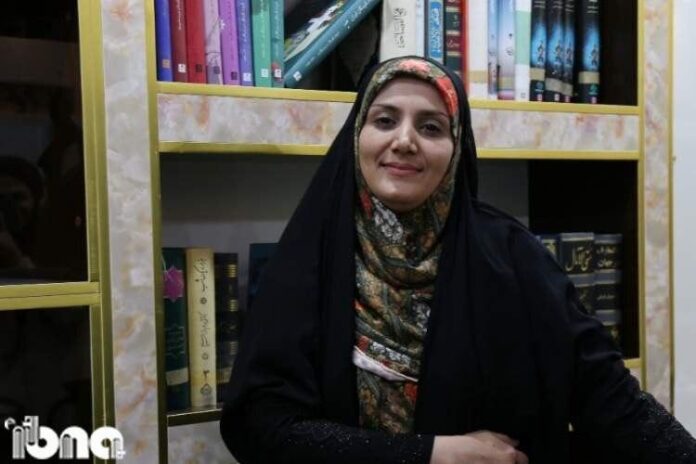Children and young adults are among the vulnerable groups who need care and support amid the outbreak of coronavirus more than ever. They are more liable to psychological harms and crises such as wars, floods, earthquakes, pandemics and contagious diseases. Such distressing events could cause psychological trauma in children, including stress, anger, anxiety, nervousness or obsession.
Therefore, it is necessary for the parents to take utmost care in talking to their children about the news and threats of the coronavirus outbreak, because the kids are unable to analyze such issues and may be left in a state of confusion and get into a panic.
Psychologists recommend that the parents should first control their own stress and anxiety before trying to ensure the psychological safety of children, because the children would feel safe by observing the calmness of their parents. For the next step, the parents should make plans to entertain the kids at home and make it clear for the children that in the current circumstance amid the outbreak of coronavirus, the situation is not appropriate for getting out of the house and playing in parks, because it is safe for them to stay home.
No doubt long-term planning to entertain children at home requires creativity and familiarity with family science. One of the most helpful factors in planning a variety of family entertainment is cultural and artistic activities, such as reading books and storytelling. Reading stories could have a more beneficial effect than the other activities, since the children are overly fond of stories and storytelling. Stories can deeply affect the spirit, language, behavior and character of children.
In an interview with Iran’s Book News Agency (IBNA), director general of the Institute for the Intellectual Development of Children and Young Adults in Iran’s southern province of Bushehr has highlighted the significant role of storytelling during the days of self-quarantine.
“Parents must take into account the psychological capacity of their children when telling and reading stories and even buying a book. We know that every child has a different sentimental atmosphere and interests. A story that is chosen for a child must be simple, concise, attractive and, above all, hopeful, because giving energy and hope to children will have many positive impacts,” Sommaye Rasouli said.
“For instance, the local and indigenous stories about the culture of people in old countries in the past and their customs and traditions, and handing down those stories from generation to generation have helped to bind the generations together. The children hearing these stories are given the opportunity to broaden their knowledge of their national identity. All of the old stories told by our grandfathers and grandmothers are full of the difficulties that end in comfort, full of the problems that are solved with wisdom and thoughtfulness, and full of the tears ending in grins; so that a happy ending strengthens the hopes for justice, eternal victory for truth, and hopefulness about future in our children,” she added.
Asked about how the way a storyteller narrates a story can attract the children, Rasouli said, “This is a very important and at the same time difficult skill. The only tool that a storyteller can utilize to attract the children and engage their interest is ‘speech’. The storyteller should talk and narrate the story with the words, should set the stage, should depict the time and location, should convey the feelings, and should of course use the body language to tell the children, the young adults and sometimes the adults a story in an attractive manner. Don’t forget that using a clear voice, speaking fluently, using the appropriate intonation, the proper and skillful use of words, and trying not to speak with a monotone voice are all among the necessities of storytelling. Here I must admit that storytelling is truly an art.”
She finally highlighted the important role that stories can play in easing the children’s fears about the coronavirus, noting, “We just need to select a story that would make the children realize that they can get through these tough days by observing the health tips and taking care of themselves and the others. We should give children the hope that good days are coming. Stories are not for children alone, and giving hope and feeling enthusiastic about life are necessary not only for children, but are a must in the life of every human being. Accordingly, all humans at all ages can employ the capacity of stories and storytelling during the quarantine days.”
Source: IFP

















